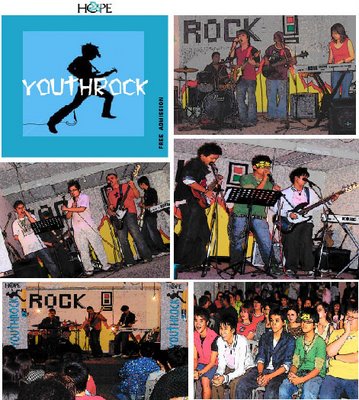
What is it about fathers and sons that engages us so? This remarkable Belgian movie Le Fils (The Son) again explores the deep and conflicting emotions that often engulf both parties in unexpected ways. Except that the movie is more than just about a father and his son; it's about a son in search of a father. It is also a disquieting story about forgiveness; disquieting because it speaks about restoration and the simmering tension that accompanies it.
Le Fils tells of a carpentry instructor in a vocational school for teens. We see the man Olivier, touching middle-age, diligently working and obviously passionate about his work with the kids. Before long we are confronted with an anxious man ducking along corridors, peering through windows, and behind hallways, at something or someone we have no idea of. Then he goes home to a sparse apartment that reveals the man is living alone. No wife, no children.
Back in the school the object of his anxiety becomes apparent: a teenager Francis has just enrolled. Why the furtive looks? What’s behind Olivier’s nervous obsession? Later, we meet a woman whose awkward conversation with Olivier about her pregnancy tells us she was once his wife, but who is now living with a new partner and is happily expecting.
[Plot spoiler alert!]
The story unfolds very slowly. There is no music throughout, but the film nevertheless succeeds in building up suspense. We find out that Francis had just been released from prison, after serving time for the killing of a child in a botched up robbery. The victim was Olivier’s child. It is this uncomfortable knowledge (unknown to Francis) that leads the audience to anticipate some concluding explosion or resolution.
Le Fils is a tale of an “ordinary man dealing with extraordinary emotions” as one reviewer says. I must add it is well told. The hand-held camera is unflinching in its close-ups, and without pretension or artifice, focuses on the inner turmoil of a man treading the path of grace. It’s a modern-day parable about redemption, replete with metaphors and imagery that are biblical in proportion. Disturbing too. They point to our own God who loved and forgave the ones who put his son on the cross.
However I thought the abrupt ending was too, er, abrupt. Then again, the filmmakers probably saw greater merit in challenging viewers to confront the inexplicable: why would a man accept his son’s killer? Indeed as his ex-wife asked in one emotional confrontation, to which Olivier replied, “I don’t know.”
But that’s grace: unconditional, to a point of being unreasonable. It’s costly, but it’s never cheap, in the words of Bonhoeffer. Which I think Le Fils conveys very admirably.
Le Fils was written and directed by brothers Jean-Pierre and Luc Dardenne.
Read the Guardian’s interview with the brothers here.

